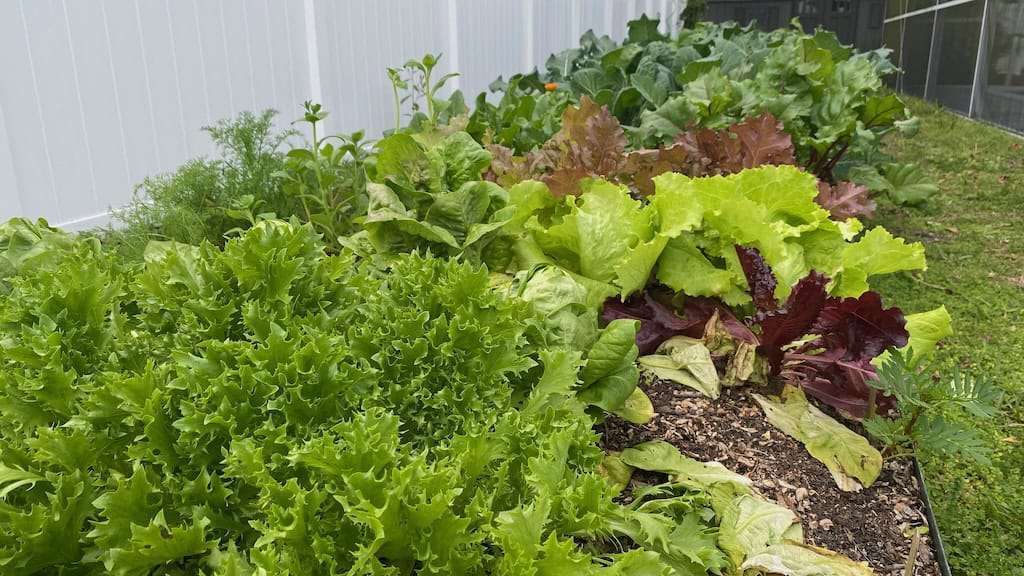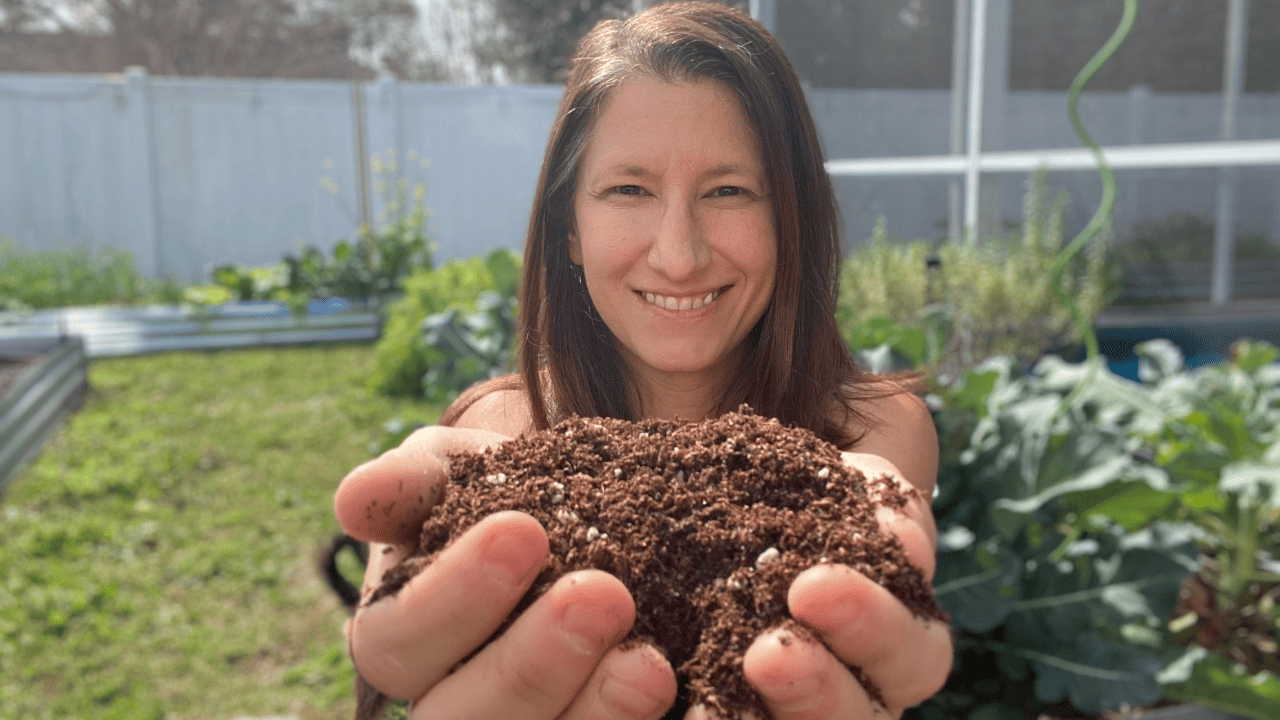Last Updated on February 29, 2024 by Homegrown Florida
As summer bids us farewell, we’re in for a real treat because fall gardening in Florida is nothing short of amazing. It’s just about the best time to grow a garden here, and I’m excited to share my top 10 rules to increase productivity and yield in your vegetable garden. Implementing these rules can make a significant difference in your garden’s success. So, let’s dive right in!
Rule 1: Timing is Key
Timing is everything, especially as the summer heat begins to wane. It’s the perfect window to sow new seeds and transplant seedlings. For most regions, using resources like the Old Farmer’s Almanac can help determine the best planting times based on frost dates. However, in the South and warmer climates like Florida, where frosts are less common or milder, adjustments are needed. Understanding your local climate’s nuances is crucial for successful planting.
Rule 2: Choosing the Right Varieties
Selecting the right plant varieties suited to your region’s climate is akin to picking the right tool for a job. Opt for heat-tolerant varieties that thrive in southern climates, labeled as drought-resistant or heat-loving to increase productivity. Additionally, prioritize varieties with quick days to harvest to ensure a timely yield, especially for warm-season crops with limited growing time.

Rule 3: Building Healthy Soil to Increase Productivity
A gardener’s strength lies in the foundation of their soil. Building healthy soil rich in compost, organic material, and well-aged manure is essential for fostering plant growth. Utilizing methods like layering organic matter, composting, planting cover crops, and incorporating soil amendments ensures soil fertility, improved structure, and better water retention.
Rule 4: Sunlight Optimization
The sun serves as the garden’s lifeblood, providing essential energy for plant growth. However, striking the right balance of sunlight exposure can be challenging, particularly in regions with intense sunlight like Florida. Monitoring sunlight patterns throughout the day and understanding your garden’s microclimates are crucial for optimal plant growth and health.
Rule 5: Feeding Your Garden for Increase Productivity
Just like humans, plants need regular nourishment to increase productivity. Understanding fertilizer basics, such as granular versus liquid fertilizers and the importance of nitrogen (N), phosphorus (P), and potassium (K) ratios, is essential. Utilizing a combination of organic fertilizers, compost, and soil amendments tailored to your garden’s needs promotes healthy plant growth and increased yields.

Rule 6: Consistent Watering to Increase Productivity
Give plants regular water, but avoid overwatering, especially in hot climates. Use the “finger poke test” by inserting your finger into the soil to assess moisture levels. Dry and brittle soil indicates insufficient watering, while consistently moist soil suggests overwatering. Consider using a moisture monitor for precise measurements. Aim for deep watering every three days, adjusting based on soil moisture and weather conditions.
Rule 7: Pest Control
Employ natural pest control methods to manage insects and animals without harsh chemicals. Encourage a diverse ecosystem in your garden to keep pests in check. Accept that some loss of plants may occur but trust that beneficial insects will establish themselves over time. Physical barriers like fencing and netting can deter larger pests. Regular inspection of plants for signs of trouble is crucial, allowing for minimal intervention.
Rule 8: Disease Prevention
Prevent diseases by selecting disease-resistant plant varieties, watering at ground level, pruning plants, providing adequate spacing, and applying disease-preventative sprays like hydrogen peroxide or copper fungicide. Crop rotation, adding compost, and biological treatments can also help. Solarizing the soil by covering it with a tarp during summer can be a last resort for persistent issues.

Rule 9: Harvesting
Harvest vegetables when they are young for optimal taste and to signal the plant to continue producing. Size expectations should be adjusted based on variety and growing conditions. Ugly vegetables are safe to eat, and blemishes caused by pests or other factors can often be trimmed away.
Rule 10: Managing Expectations
Realistic expectations are essential; gardening is a learning experience with both successes and failures. Focus on celebrating victories and learning from challenges. Utilize harvested produce fully, and embrace the journey of gardening.
These ten rules lay the groundwork for a successful fall garden in Florida. By adhering to these principles, you can set yourself up for gardening success and enjoy bountiful harvests throughout the season. Happy gardening!



